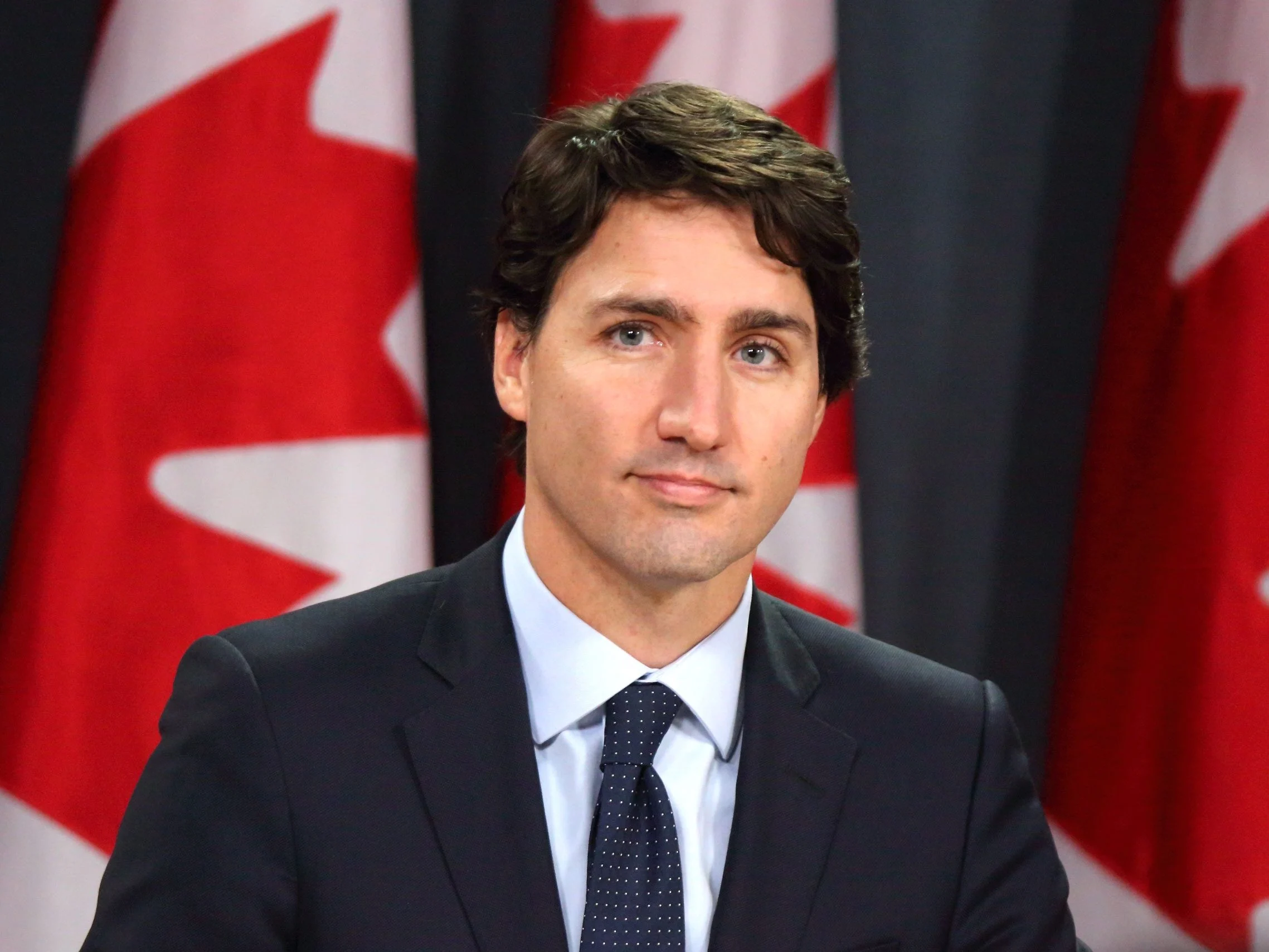On Monday, Prime Minister Justin Trudeau announced that the federal government will reduce the number of temporary foreign workers (TFWs) in Canada following a historic surge that some experts believe has contributed to rising unemployment among immigrants and young people.
The government had previously relaxed restrictions during a severe post-COVID labor shortage, leading to a significant increase in the number of low-wage temporary workers. Trudeau stated that employers in regions with high unemployment rates—specifically areas with a rate of six percent or higher—will no longer be permitted to hire low-wage TFWs, with limited exceptions for sectors crucial to food security, such as agriculture, food processing, fish processing, construction, and healthcare, where acute staffing shortages persist.
In a further policy reversal, the government announced that employers will now be restricted to hiring no more than 10 percent of their total workforce through the TFW program. Additionally, the duration of contracts for low-wage TFWs will be limited to one year, down from the current two-year term.
Employment Minister Randy Boissonnault acknowledged that the labor market has more slack now compared to the period immediately following the pandemic, which had created significant labor shortages. The Bank of Canada’s recent monetary report highlighted that the unemployment rate among immigrants now stands at 11.6 percent, significantly higher than the national unemployment rate of 6.4 percent recorded in June. Among youths aged 15 to 24, the unemployment rate has climbed to 13.5 percent—the highest in a decade, according to federal data.
Meanwhile, the number of low-wage TFWs has surged from 15,817 in 2016 to 83,654 in 2023, covering sectors such as food services, construction, and healthcare. Boissonnault indicated that the changes announced will reduce the number of low-wage TFWs by approximately 65,000, bringing the figures back to pre-pandemic levels.
Housing Minister Sean Fraser, who oversaw the relaxation of TFW regulations in 2022 while serving as immigration minister, noted that tightening the rules around temporary workers could also ease pressure on the housing market, particularly at the lower end where competition for affordable homes is intense. “We expect today’s changes could potentially reduce the strain on tens of thousands of housing units across the country,” Fraser said.
Conservative MP Melissa Lantsman, the party’s deputy leader, criticized the government’s decision to curb TFWs, calling it an admission that the government is “walking back the disastrous policies of Sean Fraser,” who she said had “broken our immigration system and now is responsible for fixing housing.”
The government is considering broader changes to the immigration system as the “newcomer” unemployment rate approaches 12 percent. Prime Minister Justin Trudeau announced that the government will review its immigration levels this fall.
When asked whether a reduction in the number of permanent residents is being considered, Trudeau suggested it might be possible and indicated that the topic could be discussed during the upcoming cabinet retreat.
According to the government’s current immigration plan, Canada is set to admit approximately 485,000 permanent residents in 2024 and 500,000 in both 2025 and 2026.
“We’re ensuring that the overall approach aligns as closely as possible with the needs of Canadians and our economy,” Trudeau said. “We’ll be examining unemployment rates and exploring opportunities for further adjustments throughout the fall as we finalize comprehensive level plans that address the realities Canada faces now and in the years and decades ahead.”
Trudeau emphasized that immigration must be “done right” and hinted at potential changes to ensure that “Canada remains a country that supports immigration positively but also responsibly, providing pathways to success for everyone who comes here.”
Immigration Minister Marc Miller echoed this sentiment, stating that “all options are on the table” when it comes to adjusting immigration levels. He acknowledged concerns about the current pace of population growth, which is among the highest in the developed world.
Miller described himself as a flexible minister willing to adjust permanent resident targets if necessary. “We need to consider the direction in which the country is heading and make sure we adapt accordingly,” he said. “I’m very open to making changes if the economic or social conditions demand it. That’s smart politics, it’s smart policy, and it’s what Canadians expect us to do.”

